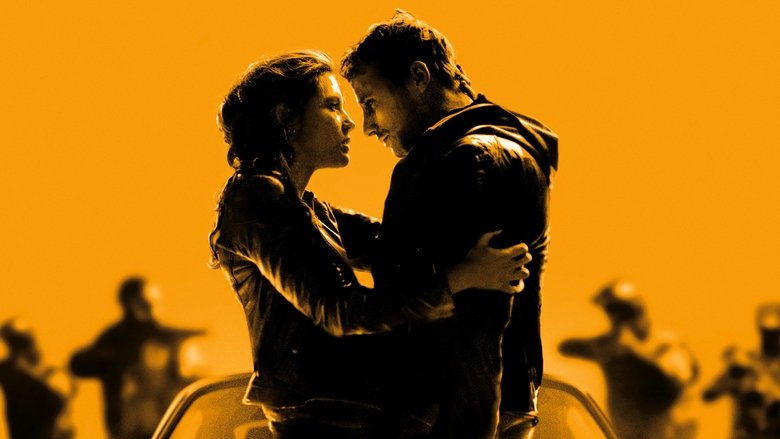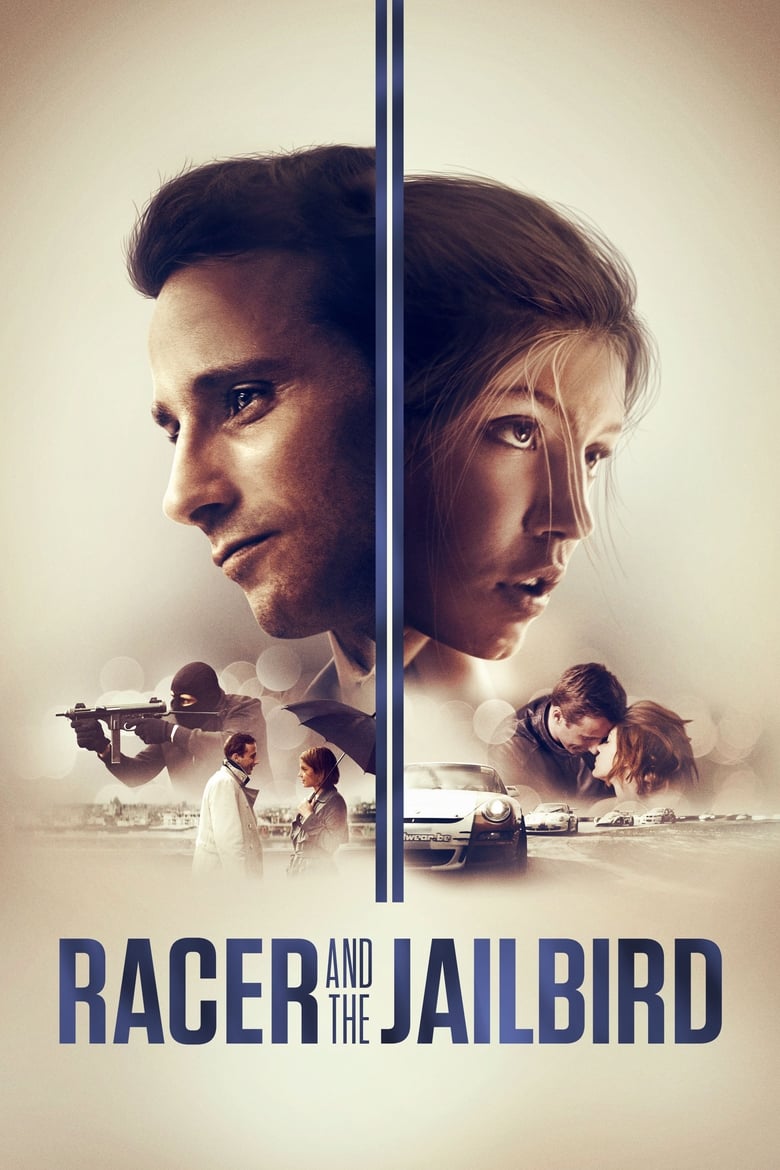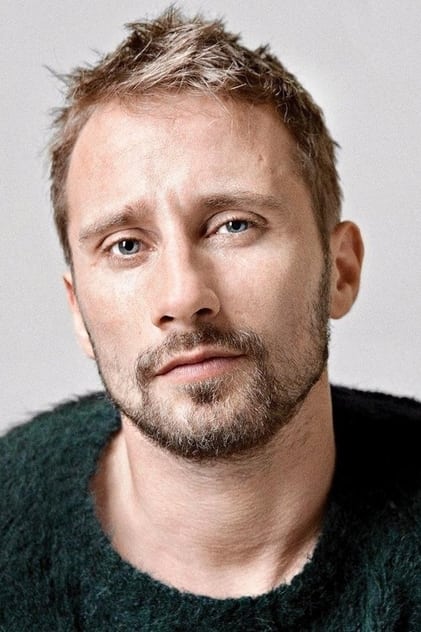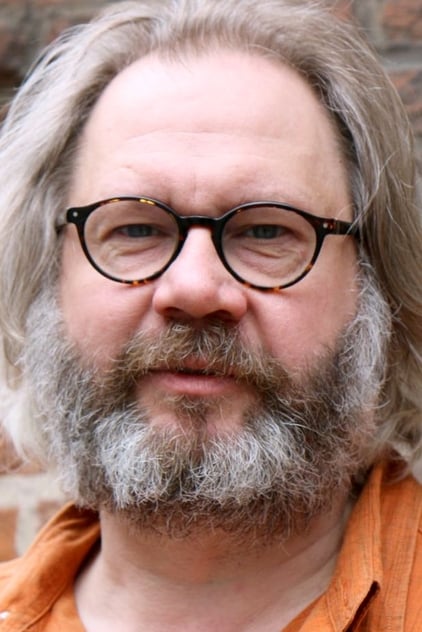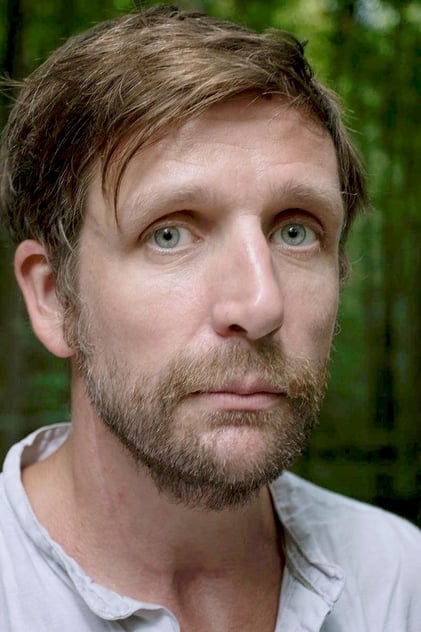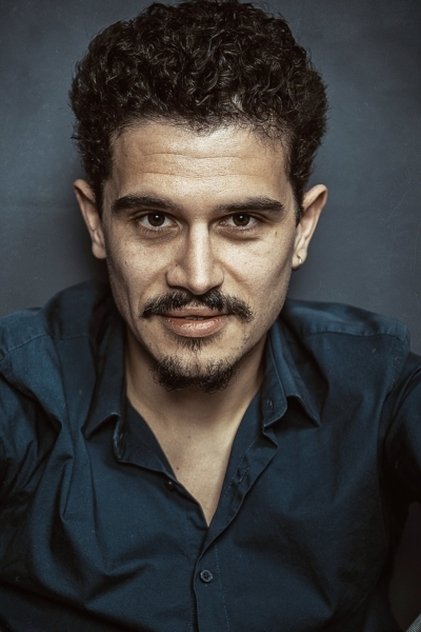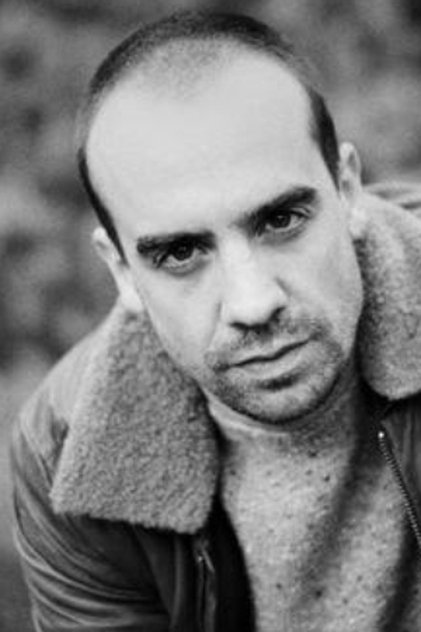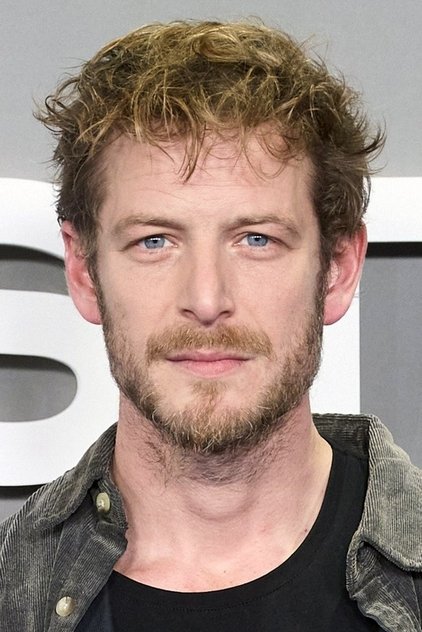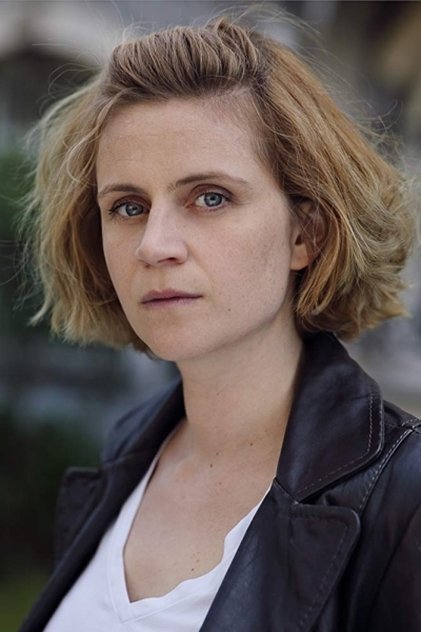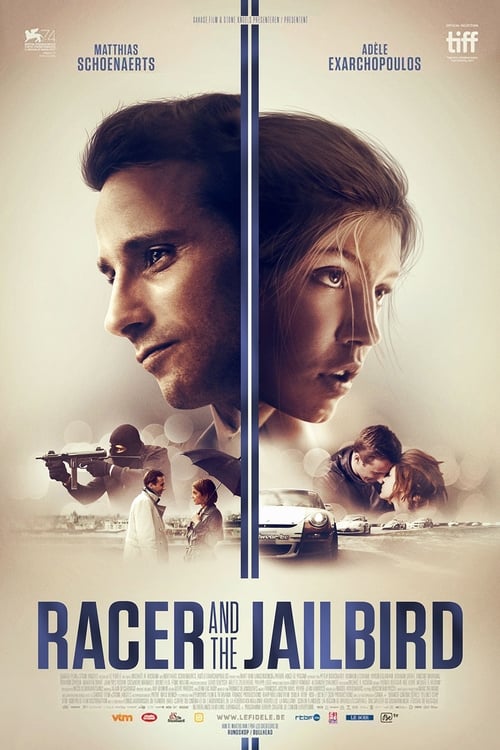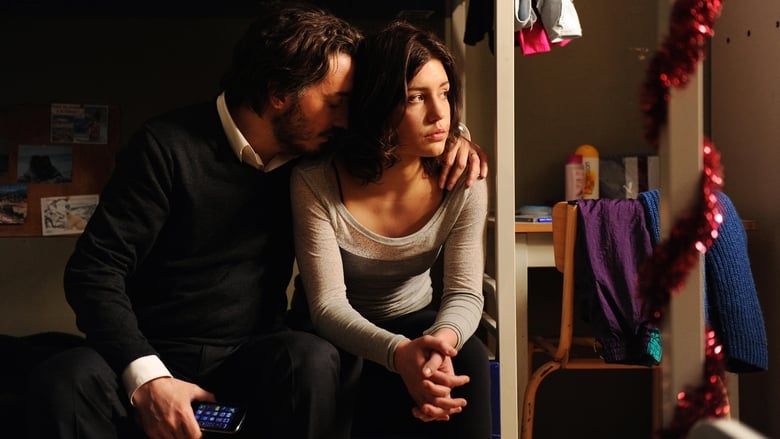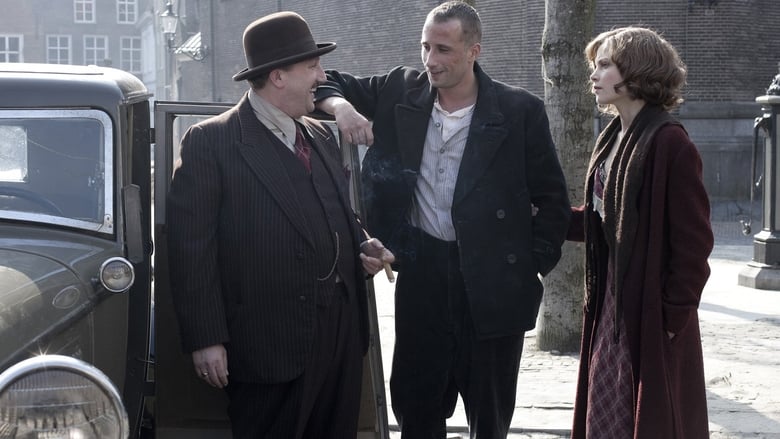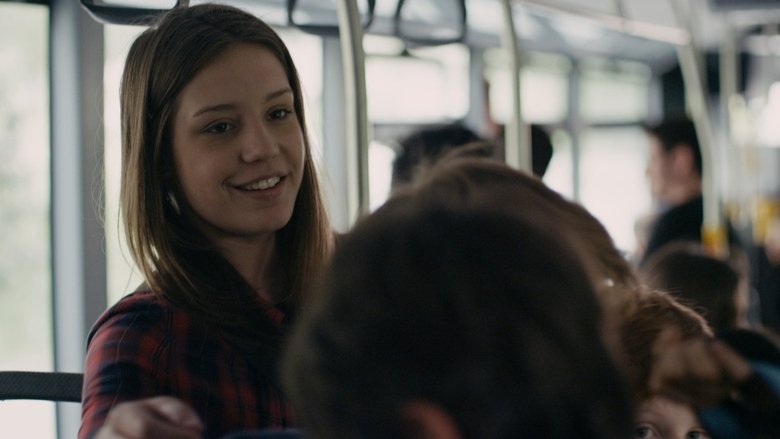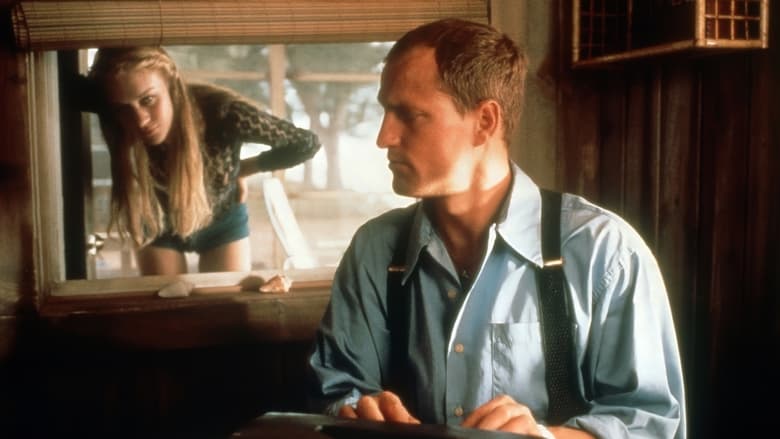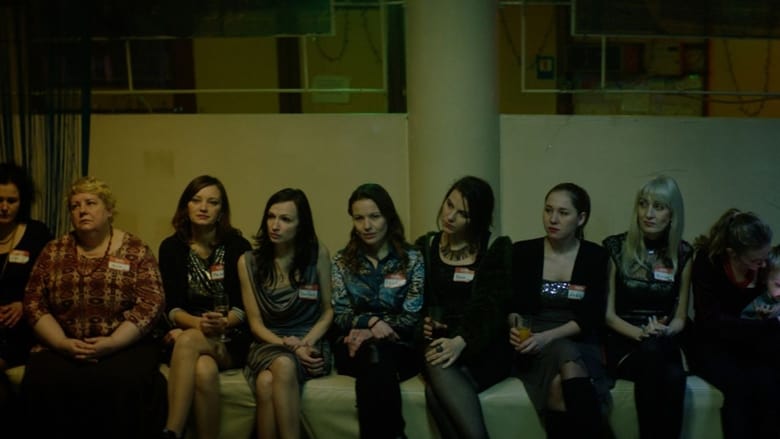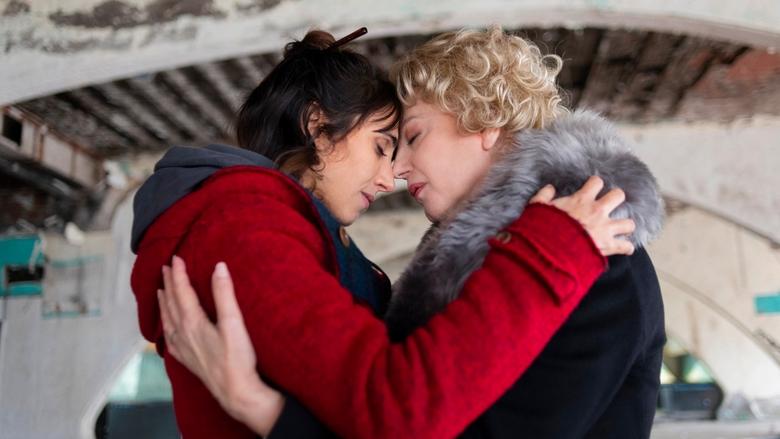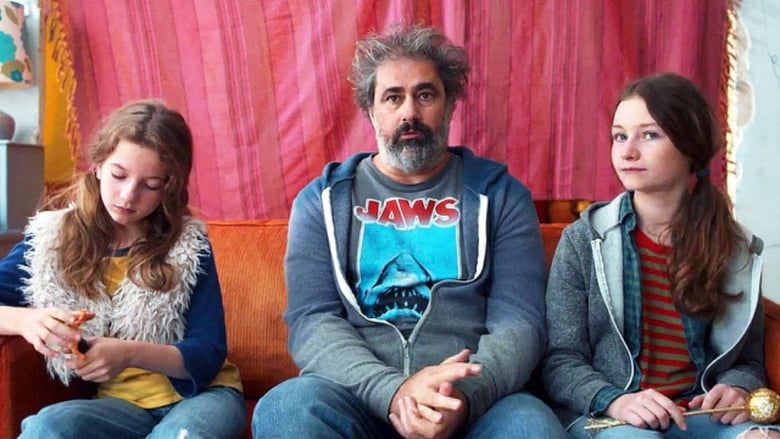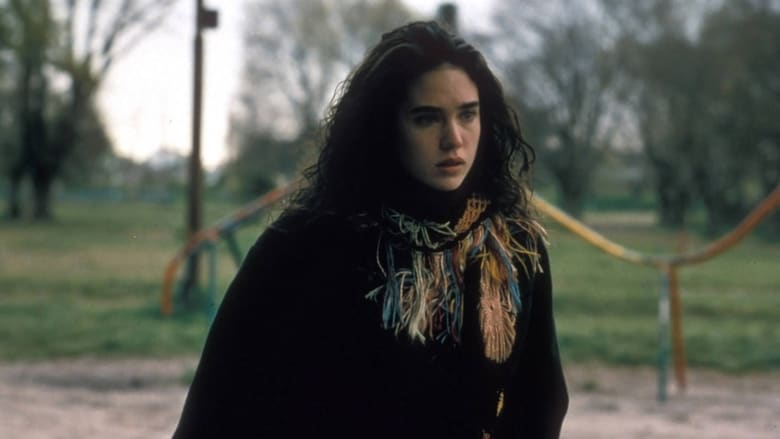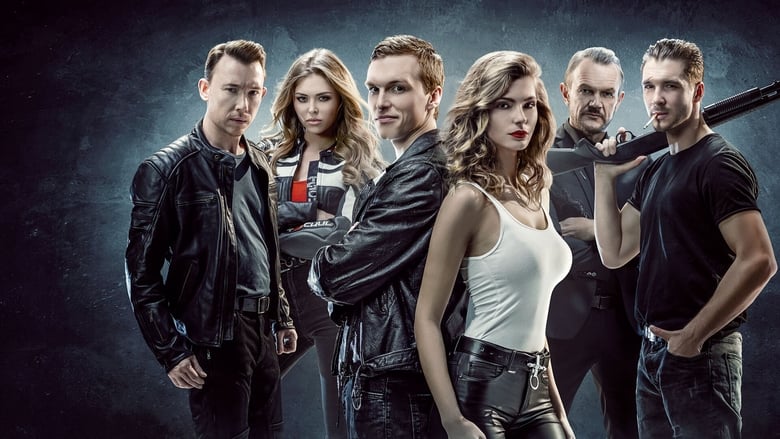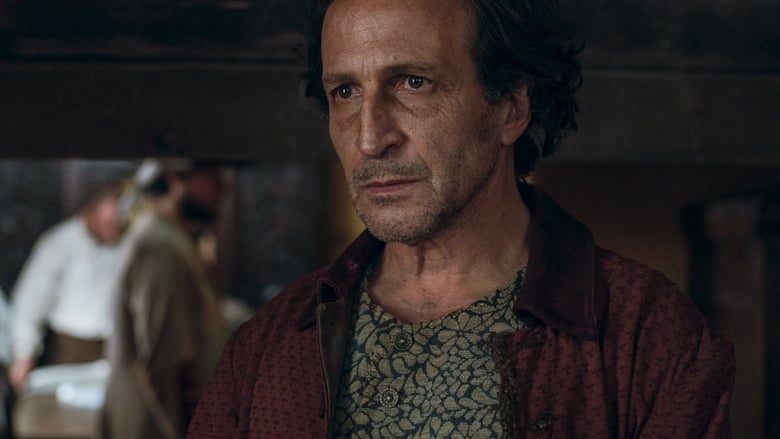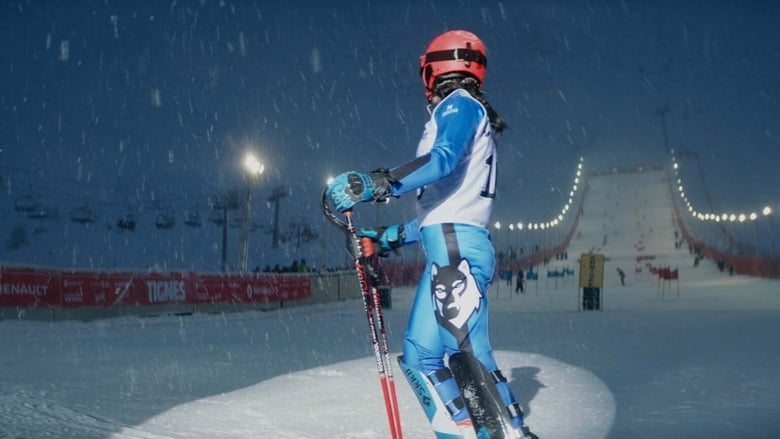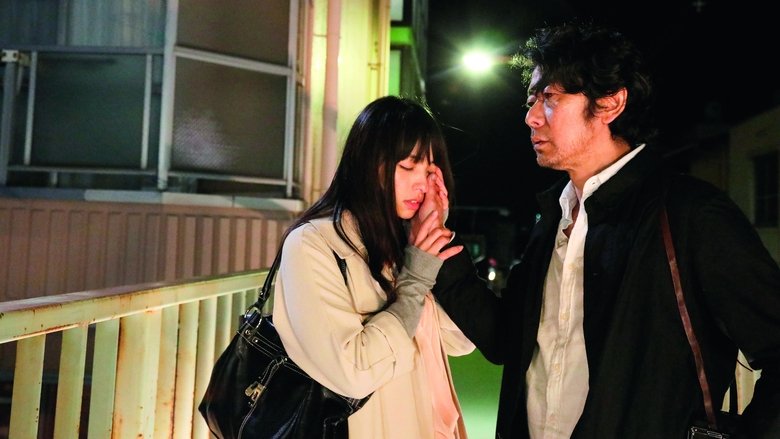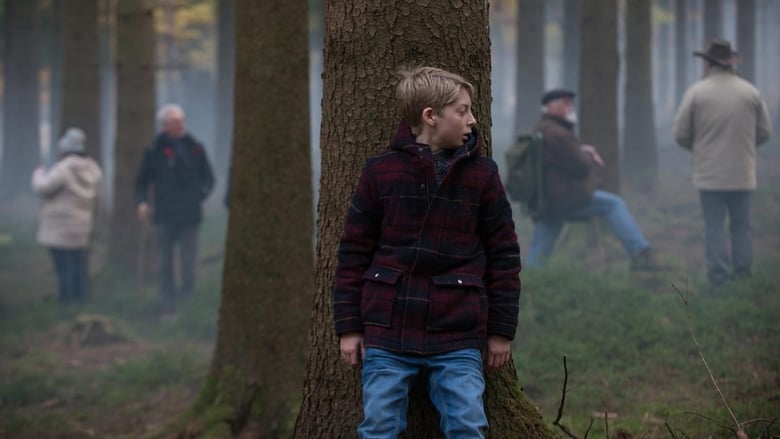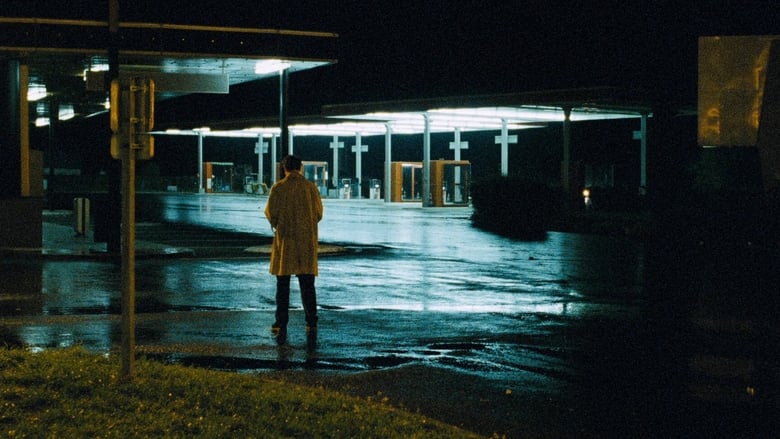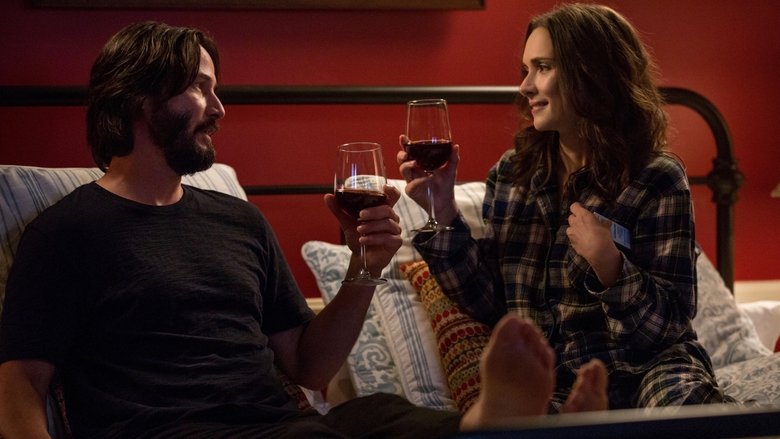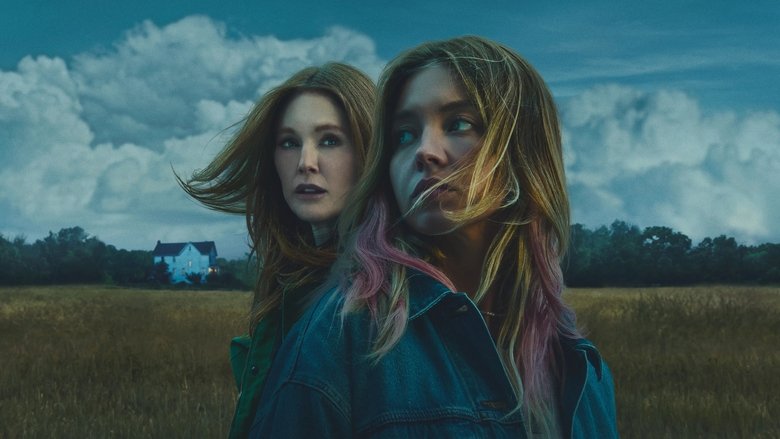What a shambles contains spoilers
Racer and the Jailbird is a fictional tale of love and crime, of desire and failure. A love tragedy, or better, an Amour Noir. I consider Racer and the Jailbird to be the second part of my crime trilogy. Each part is freely based on a particular moment in Belgian criminal history. For Bullhead, my source of inspiration was the hormone mafia. This time, I draw inspiration from notorious Brussels gangs and equally from the adrenaline driven world of auto racing. However, as was the case with Bullhead, Racer and the Jailbird will not be a film about these gangs, nor a biography of one or another real-life gangster. The foundation of this story is the love between a man and a woman and the impossibility of actualising their relationship. Their love is thwarted not only by their characters and origins, but also by the blows that fate deals them.
- Michaël R. Roskam; "Director's Statement"; Le Fidèle Press Kit
Le Fidèle lit. trans. The Faithful is an absolute mess of a film, and one of the most egregious examples I've ever encountered of a narrative systematically undermining and imploding in on top of itself, unable to bear the weight of a litany of clichés, melodrama, and inexplicable decisions (on the part of both the filmmakers
and the characters). Imagine, if you will, an evil projectionist sitting in his projection booth trying to think of ways to be evil. He's not too imaginative, so about the only thing he can come up with is showing Michael Mann's
Heat (1995), and instead of the final reel of that film, the evil projectionist splices in the last reel of James L. Brooke's
Terms of Endearment (1983) or Gary Marshall's
Beaches (1988). The incongruity between the first 90 or so minutes of
Fidèle and the last half-hour is no less jolting or ridiculous, as the script inexplicably morphs from a heist movie into a pseudo disease-of-the-week based tearjerker that is so bad, yet so earnest, so enraptured with itself and convinced of its own profundity, I kept expecting Kirk Cameron to pop up.
However, that things should have turned out this way is by no means a given. Written by Thomas Bidegain, Noé Debré, and Michaël R. Roskam, and directed by Roskam, the filmmakers have an impressive enough pedigree to promise much. Bidegain is best known for his collaborations with Jacques Audiard, co-writing
Un prophète (2009) and
Dheepan (2015 - on which Debré also worked), as well as Joachim Lafosse's soul-crushingly brilliant
À perdre la raison (2012). In short, these guys know story construction. There is one red flag, however. Bidegain also co-wrote the screenplay for Audiard's
De rouille et d'os (2012), which was hideous, and made a mockery of Craig Davidson's excellent short story collection on which it was based. Of course, the real gem in the line-up is Roskam, with
Fidèle as his third feature (and his fourth collaboration with Matthias Schoenaerts, having also worked together on the 2005 short film, "The One Thing to Do"). His feature debut was 2011's
Rundskop, a devastating seismic powerhouse of a movie that bludgeoned you over the head with any optimism you may have dared bring to it.
Rundskop was one of the best films of the year, and was rightly nominated for Best Foreign Language Film at the 2012 Academy Awards, also winning a bunch of Best Film awards (AFI Fest, CinEuphoria Awards, Film Festival Oostende, Palm Springs International Film Festival), and cleaning up at Belgium's 2012 Magritte Awards. Roskam followed up that auspicious debut with
The Drop (2014), which was good, but nothing special.
The acting talent in
Fidèle also suggests a high-quality product. Schoenaerts is an intense performer whom I've seen compared to a young Robert De Niro, and who tends to be good in everything, even if the movie around him is rubbish. Adèle Exarchopoulos isn't as well-known, but she was mesmerising in Abdellatif Keichiche's
La vie d'Adèle – Chapitres 1 & 2 (2013), for which she won over twenty Best Actress awards, as well as being one of three recipients of the 2013 Palme D'Or, the first time in Cannes' history that the award was shared between filmmakers and actors (the other winners were her co-star Léa Seydoux and the film's screenwriter/director). Together, Schoenaerts and Exarchopoulos make for a distractingly attractive couple, with effortless sexual chemistry between them, and a nice sense of playfulness. It also helps that neither seems particularly shy about doing sex scenes.
And so, with all that in mind, for the first 90 minutes or so,
Fidèle chugs along nicely – a little overwrought, but well put together and enjoyable enough in a disposable sort of way. It's a fairly familiar story; essentially, will the love of a good woman save the recidivist criminal with a heart of gold? Gino "Gigi" Vanoirbeek (Schoenaerts) is a thief masquerading as a car salesman (the "jailbird" of the horrendous English language title which I point-blank refuse to use), Bénédicte "Bibi" Delhany (Exarchopoulos) works for her father (Eric De Staercke) at his construction company, but spends her free time on the race track (the "racer"). They are introduced by her brother Bernard (Thomas Coumans), who doesn't know what Gigi really does, and they quickly fall in love. However, as time goes by, Gigi finds it increasingly difficult to keep the truth of what he does away from a suspicious Bibi. After a successful bank robbery, Gigi is persuaded by his colleagues to do "one more heist" (yep, that old chestnut), despite the "
risk versus reward" (to quote
Heat) scenario it seems to be.
Speaking of Michael Mann, parts of
Fidèle are unashamedly influenced by Heat, particularly the bank robbery scene, whilst Gigi's cover as working as a car salesman is taken directly from Mann's underrated debut
Thief (1981).
The plot summary above takes us through the first act (which focuses on Gigi), and into the second (which focuses on Bibi). And then the bottom falls out, as the screenplay makes one of the most bizarre about-turns I've ever seen. The one element of
Rundskop which needed work was that Roskam introduced several plot strands which just didn't integrate into the surrounding narrative, almost as if they were from an entirely different film. I'm thinking of the comic-relief mechanics, who were fine on their own (and pretty funny), but out of place in such a nihilistic film. Another example would be the tough-as-nails workaholic cop (Barbara Sarafian) who is determined to get her man no matter what, or the homosexual undercover cop (Tibo Vandenborre) promising an informant they can get together after the case is done. These elements were fine in isolation, but just didn't settle into the overriding narrative. Now, think of that lack of integration, and then multiply it by several thousand, and you will be some way to understanding just how badly the last half hour of
Fidèle gels with everything that has preceded it.
But it's not only the fact that the film has an identity crisis and morphs into something completely different. One might forgive that if that something different was well written. As a heist movie,
Fidèle works pretty well, but as a tearjerker, it's horrendous. For starters, Roskam tries to cram far too much into a short space of time. The last half hour of the film jumps all over the place from Bibi's dad being blackmailed to Gigi's recidivism catching up with him to trouble conceiving a child to ovarian cancer to chemotherapy to mysterious Albanians who can't be trusted to a dogfighting ring. And with Bibi on the brink of death, when Gigi arrives in the hospital to see her, she's already slipped into a coma. So they never get to say goodbye. Then he gets beaten up. Twice.
Roskam handles all of this with a spectacularly misguided solemnity that ends up manifesting itself as nothing other than mawkishness. He just keeps on piling melodrama on top of cliché on top of angst. The audience at the screening I attended actually started laughing as the characters experienced misfortune after misfortune after misfortune. It just never ends, and, most unforgivingly, the suffering has absolutely no cathartic effect whatsoever, it just exists in a vacuum of its own making; there's no moral component, no sense in which any of the characters come out the other side having learnt something, and the audience itself certainly doesn't experience any kind of emotional purification, any sense in which their pity or fear has been engaged or purged.
And what's especially frustrating is that the film's individual components are well put together. The acting is strong (it would be almost unwatchable were the acting anything less than exemplary), and Roskam's direction is predictably solid (the aesthetic centrepiece is a brilliantly staged three or four minute single take shot of a complex heist on a motorway). Hell, even the end of the film, the final sequence as Gigi drives across the city, is brilliantly shot, and the revelation that his and Bibi's conversation continued after he joked that he was a bank robber really caught me by surprise. And the last line is superb (it's also more emotive than all the melodrama in the preceding half hour). It's for reasons like this that I haven't scored the film one or one-and-a-half stars.
However, although the destination is pretty satisfying, how we have gotten there is so ludicrous that it renders any sense of accomplishment completely null and void. It's just a shame, because although in an isolated sense, most of the film is well done, the totality is a disaster. A huge disappointment from a director who only seven years ago showed all the promise in the world. I'm not convinced yet that
Rundskop was a fluke, perhaps
Fidèle will prove to be the exception in Roskam's
oeuvre, but with this and
The Drop, I'm starting to get a little worried.
